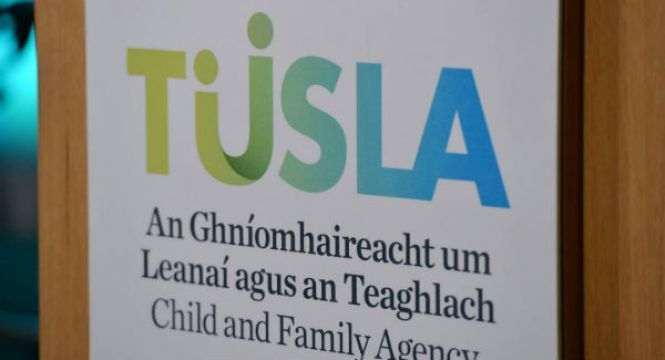Tusla breached its “explicit and unambiguous duty” by failing to formally declare two acutely vulnerable teenagers needed to be temporarily detained in special care units, the Supreme Court has held.
In a lead ruling for the court, Mr Justice Gerard Hogan said there was “no legal basis” or excuse for the child and family agency to refrain from concluding the specialist detention setting was required for the girl and boy who both abused drugs and regularly went missing from State care.
There is nothing in the relevant legislation to suggest Tusla’s performance of its statutory obligations regarding special care is intended to be resource-dependent, the judge said.
Special care orders
The High Court was correct to make special care orders for the two 16-year-olds, despite Tusla’s protestation that it had no places available due to severe staff shortages, he held.
The five judges of the court unanimously agreed to dismiss Tusla’s appeal against two sets of orders made in respect of the teenagers.
The first orders, made by the High Court’s Mr Justice Mark Heslin, held that the agency’s deliberate refusal to statutorily declare that the children require special care was contrary to legislation.
He directed Tusla to apply to his colleague for orders permitting the detention of the two 16-year-olds in special care due to the risk to their lives.
Compelled by these orders, Tusla formally applied to Mr Justice John Jordan for special care orders but asked him not to make them as it said it did not have capacity and a third child needed a space more. He granted the special care orders.
In its Supreme Court appeal, the agency argued an acute shortage of specialist staff, caused by statutory restrictions on pay, was preventing it from providing special care to all of the children who need it.
The three units have physical capacity for 25 children but, at the time of the hearing, just 15 were “operational” and all were occupied, it said.
The teenagers had, in fact, been admitted to special care by the time the appeal was heard last December.
Abuse
The girl had been engaging in dangerous, erratic and inappropriate behaviour over a number of years, including alcohol and substance abuse.
She was also subjected to various kinds of abuse and neglect during her life and there were grave concerns she was being sexually exploited by men.
The boy suffers from developmental and behavioural disorders, abused and sold drugs and was allegedly involved in violent incidents.
In a judgment on Wednesday, Mr Justice Hogan said the teens’ histories are “tragic” and there is “no doubt” they both required a secure and safe environment to address their complex behavioural and educational needs.
Tusla’s failure to formally determine special care was necessary in these cases was an example of a statutory body refusing to give effect to legislation enacted by the Oireachtas, he said.
Mr Justice Heslin was “perfectly correct” to make his orders in light of a “studied failure” by the agency to apply the relevant statutory provisions, the judge said.
While Mr Justice Jordan had discretion in deciding to make the special care orders, he was correct to make them in circumstances, the court held.
Mr Justice Hogan said various steps of the Government, including a 2011 amendment to the Child Care Act, can be regarded as an “implicit promise” that the requisite funding would be made available for special care.
With the amendment enacted, the court must appropriately enforce it, he said. If the statutory obligations on Tusla are too onerous, the remedy lies in a legislative amendment or repeal of the law, he said.
In the event Tusla cannot comply with a special care order, the possibility of enforcement through the contempt jurisdiction “would naturally arise”, he said.
“In a democratic state governed by the rule of law, all organs of the State are accordingly obliged to comply with court orders of this kind,” he said.
Currently, he said, the issue of contempt remains a “purely hypothetical one” and the matter would have to receive the “most careful consideration”.
Such an application, seeking to hold Tusla in contempt for alleged failure to comply with a special care order, is pending before the High Court.
In a concurring judgment, supported by the Chief Justice, Mr Justice Brian Murray observed it would be “wrong” to suggest all other cases involving a statutory duty on a public body should lead to mandatory orders being issued “in the teeth of detailed evidence” establishing the public body cannot comply because of resource restrictions.
The law is necessarily nuanced in response to such a situation and interweaving of the relevant factors will be case-specific, he added.
The Chief Justice, Mr Justice Donal O’Donnell, also agreed with Mr Justice Hogan’s judgment, as did Mr Justice Séamus Woulfe and Ms Justice Aileen Donnelly.







